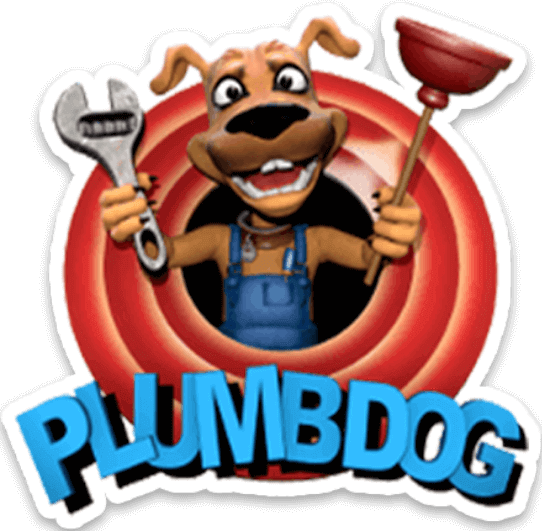- Water Leaks are one of the most common reasons for high water bills
- You can identify whether you have a potential leak, we’ll show you how
- Check out more of our VLOGs here!
Water leakage is one of the most common reasons behind your high water bills and if the leak is left undetected for a long time, it can dig an unwanted hole in your pocket.
In this video, our Plumbdog Richard shares some simple tips and tricks to discover unknown leaks on your property and reduce the unnecessary wastage of money. He also explains possible ways which you can detect the problem by yourself.
- Find You Water Meter
The first step is to spot the water meter. Before seeking assistance from a professional, you can try to locate the meter yourself, as it is usually placed in the garden towards the boundary, close to the street.
If you are unable to figure the position, then the chances are that it might be buried under overgrown garden land. Such a situation demands an expert’s guidance, for which you can click the link we have mentioned in our blog. - Turn Off Water Using Devices
The next course of action is to turn off all the devices that involve direct water use. Check for usual items like washing machines, water purifiers and filter systems, taps and adaptive aircons. - Test With The Water Meter
Now finally, we test the leakage through our water meter. Now we need to observe the movement of our dial for over 5 minutes. If there is no movement then you can be comfortable knowing that there isn’t a leak. A movement in the reading is an indication of a possible leak.
What to do if you notice a movement?
In such a case, the ideal thing to do to give us a whistle and book yourself a professional plumber. If you want to try and detect the leak yourself first, then a good place to start looking is usually around the water meter itself.
If you are able to identify the water leak it will help save some time and money and you can call us to fix up the problem. Of course if you are unable to detect the leak yourself, our team of trained and experienced Plumbdogs will sniff out the problem for you.
Our Services
If you are facing any plumbing issues at your home or office, give us a whistle! We pride ourselves in being the experts that our customers and colleagues in the industry turn to for maintenance plumbing services that also provide value for your money. Our team of highly professional Plumbdogs hold years of experience in solving all kinds of plumbing related issues like fixing broken or twisted pipes, unblocking drains, leak detection, and hot water system installations, maintenance and repairs. Not only are we skilled and experienced, we have all the gear and every idea to be at your service.






